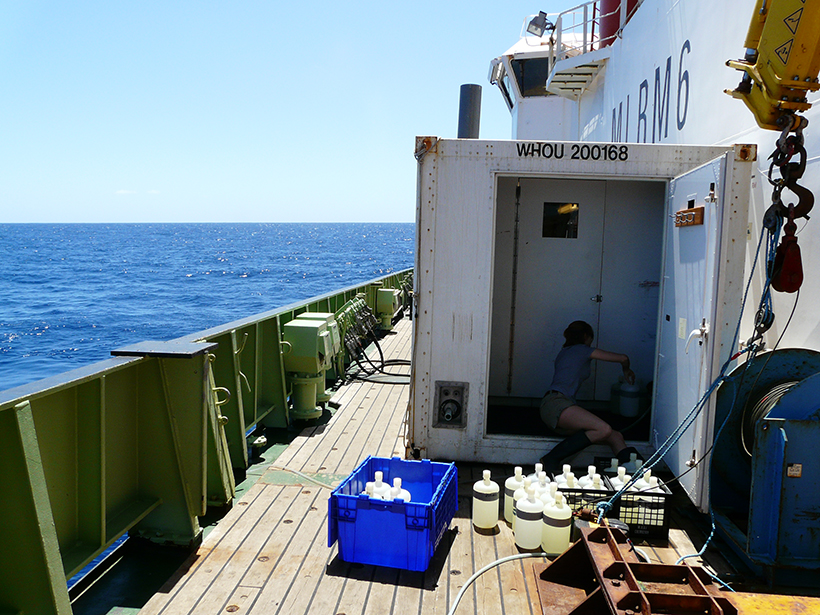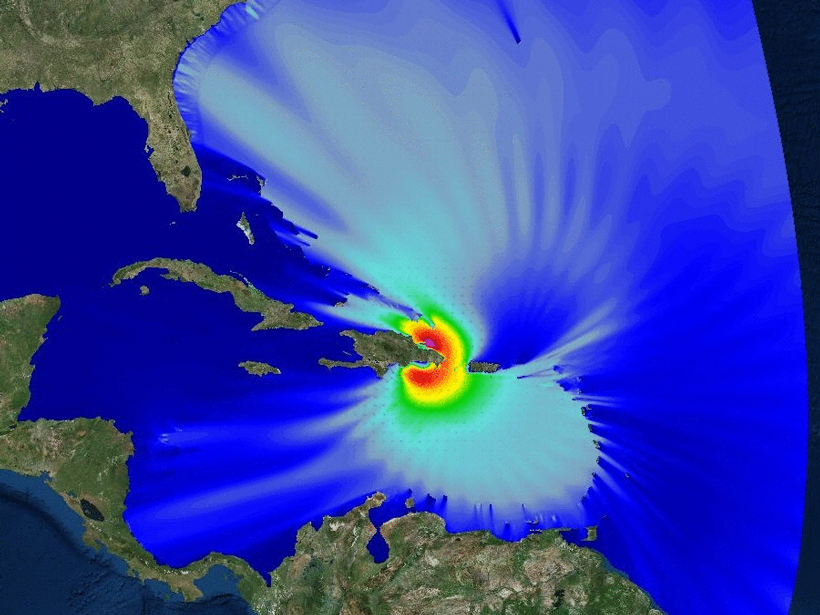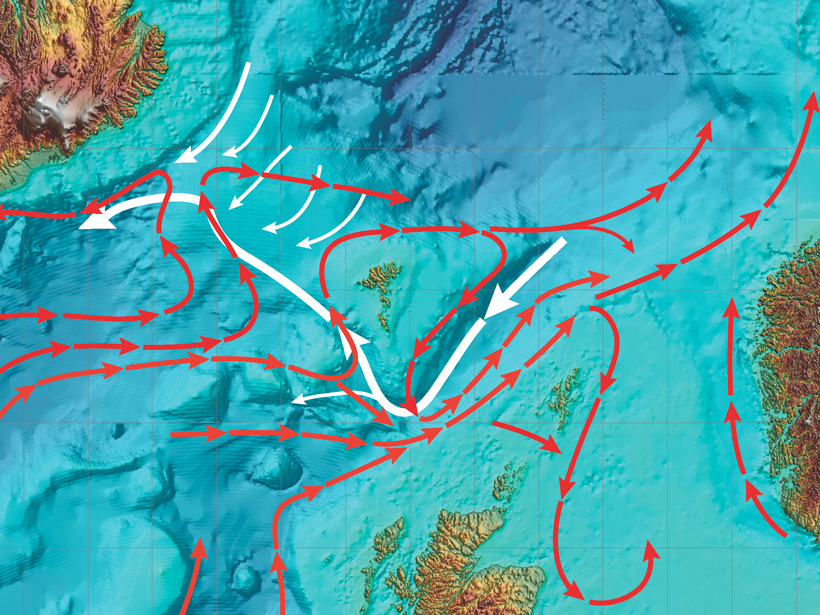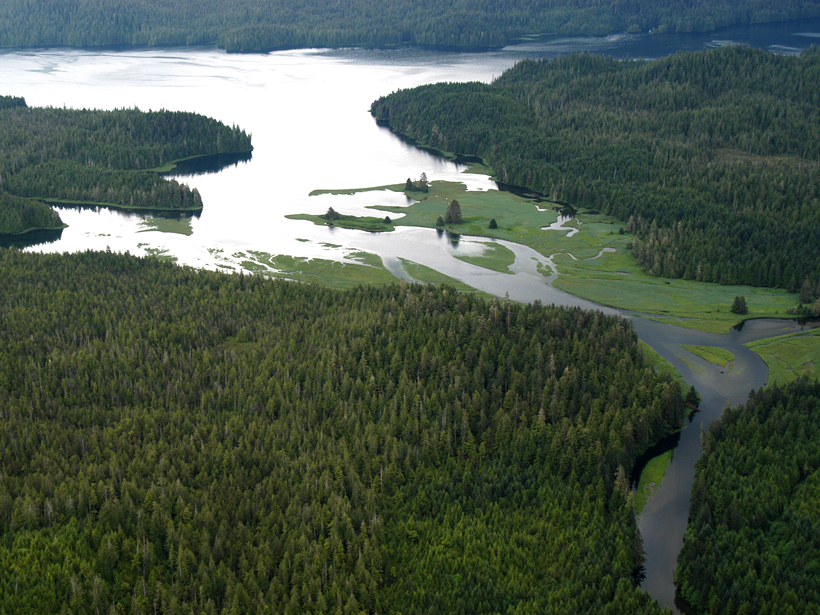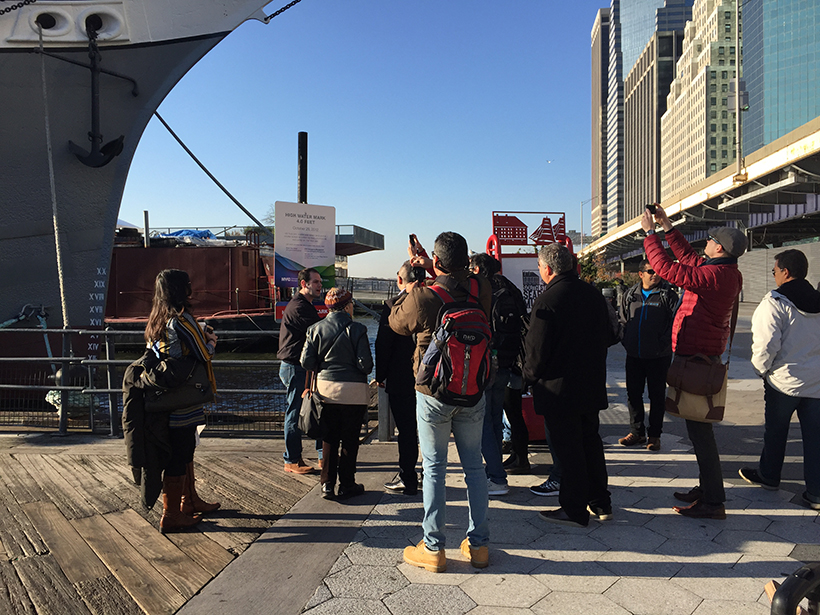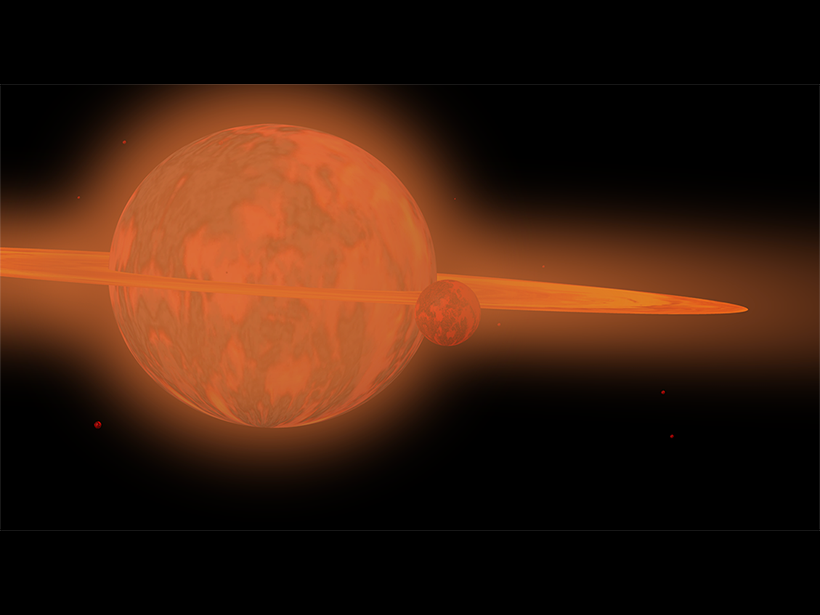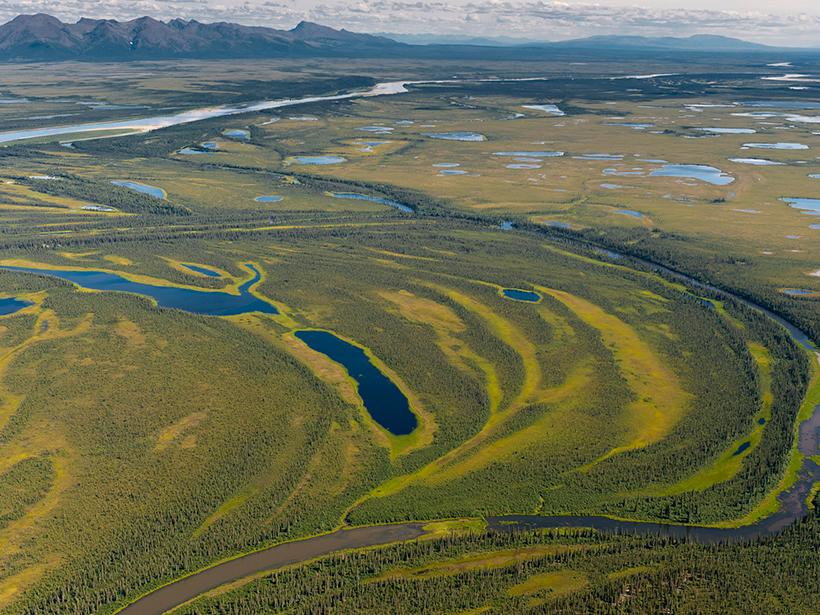Using satellite remote sensing data sets can be a daunting task. Giovanni, a Web-based tool, facilitates access, visualization, and exploration for many of NASA’s Earth science data sets.
Science Updates
A Closer Look at an Undersea Source of Alaskan Earthquakes
A systematic survey offers a striking portrait of movement along a 500-kilometer-long undersea section of the Queen Charlotte–Fairweather fault off the coast of southeastern Alaska.
Tracing Carbon’s Fate in the Ocean
Improving the Application of Radionuclides in Studies of the Carbon Cycle and the Impact of Ocean Acidification; Monaco, 19–21 October 2016
A Test Bed for Coastal and Ocean Modeling
An ocean modeling program is improving our ability to predict circulation along the U.S. West Coast, dead zones and other coastal ecosystem responses, and storm surges in island environments.
Tracking River Flows from Space
Satellite observations, combined with algorithms borrowed from river engineering, could fill large gaps in our knowledge of global river flows where field data are lacking.
Tracking Water Through the North Atlantic Ocean
Workshop on Currents and Transports Across the Iceland-Faroe-Scotland Ridge; Tórshavn, Faroe Islands, 9–10 January 2017
Quantifying Coastal Rain Forest Carbon Transport
Aquatic Carbon Biogeochemistry of the Pacific Coastal Temperate Rainforest Region Workshop; Seattle, Washington, 7–10 February 2017
Cities Partner to Prepare for Natural Hazards and Climate Change
NASA-Rio-UCCRN Workshop on Sea Level Rise, Urban Heat Islands, and Water Quality; New York, 14–16 November 2016
Signs of Water in a Moon Rock
NASA Solar System Exploration Research Virtual Institute (SSERVI) Lunar Volatiles Workshop; Laurel, Maryland, 15–17 November 2016
Resolving a Methane Mystery in the Arctic
International Workshop to Reconcile Methane Budgets in the Northern Permafrost Region; Seattle, Washington, 7–9 March 2017



